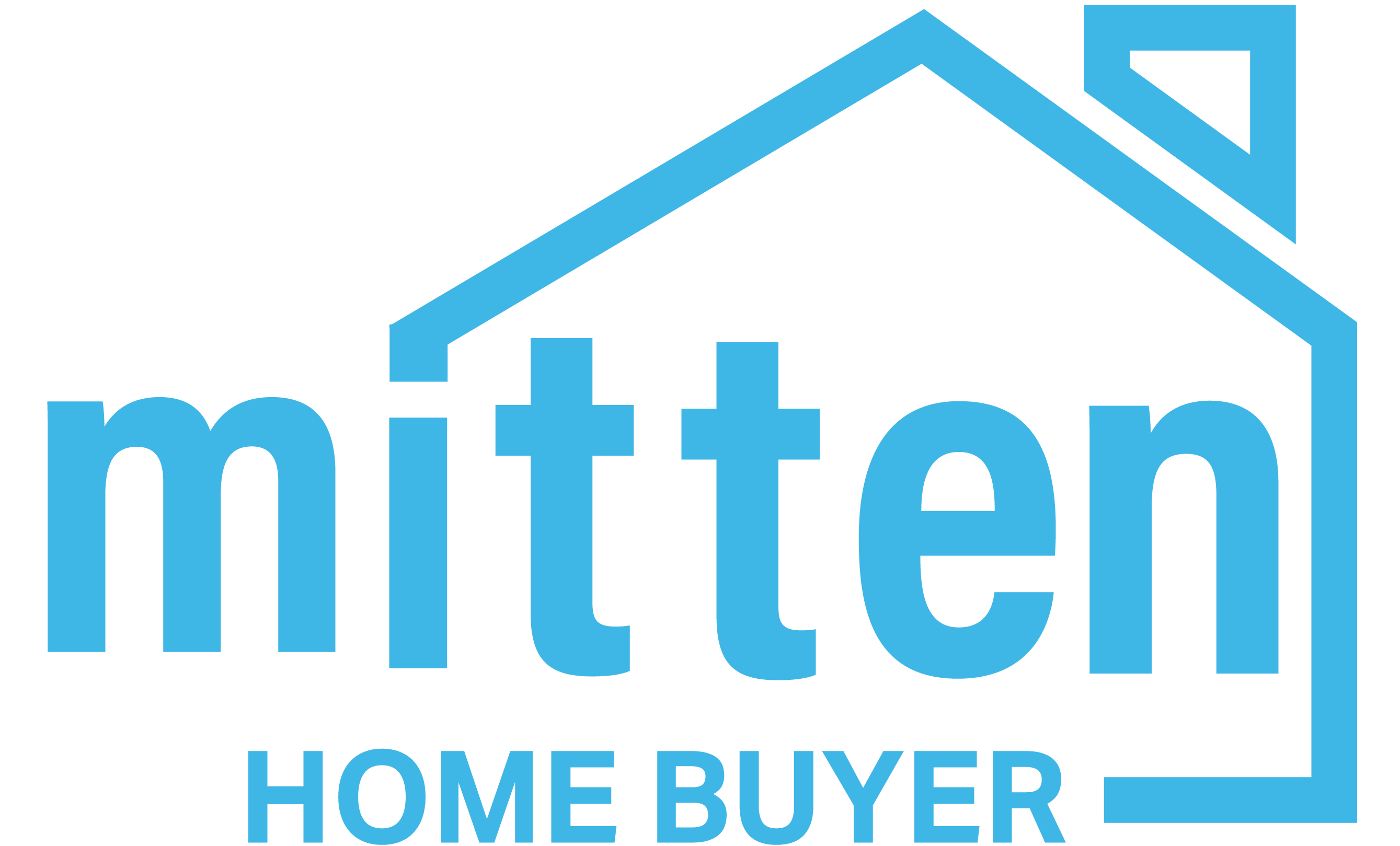
In Grand Rapids, like many other cities across the United States, homeowners sometimes face the difficult decision of surrendering their homes to the bank. This process, known as foreclosure, can be emotionally and financially challenging. However, for some individuals, it may be the best course of action when faced with overwhelming debt or financial hardship.
Foreclosure is a legal process through which a lender takes possession of a property when the homeowner fails to make mortgage payments. While it’s often viewed as a last resort, surrendering your house to the bank in Grand Rapids may offer relief from financial burdens and provide an opportunity for a fresh start. Let’s delve into the various aspects of this decision, including the foreclosure process, its implications, and alternatives to consider.
Understanding Foreclosure in Grand Rapids
Foreclosure proceedings in Grand Rapids typically follow a similar pattern as in other parts of the country. Here’s a general overview of the process:
- Missed Payments: The foreclosure process usually begins after a homeowner falls behind on their mortgage payments. Most lenders give homeowners a grace period before initiating foreclosure proceedings.
- Notice of Default: If the homeowner fails to catch up on missed payments, the lender will issue a Notice of Default (NOD). This document officially notifies the homeowner that they are in default on their mortgage and provides a period during which they can remedy the situation.
- Foreclosure Auction: If the homeowner doesn’t respond to the NOD or fails to resolve the default, the lender will schedule a foreclosure auction. At the auction, the property is sold to the highest bidder, often the lender, to recoup the outstanding mortgage balance.
- Eviction: After the foreclosure sale, the new owner (usually the bank) can initiate eviction proceedings to remove the former homeowner from the property.
Implications of Surrendering Your House
Surrendering your house to the bank has several implications, both financial and personal:
- Credit Impact: Foreclosure can significantly impact your credit score, making it challenging to secure loans or credit cards in the future. However, the impact lessens over time, and it’s possible to rebuild your credit with responsible financial behavior.
- Loss of Equity: If your home’s value has declined since you purchased it or if you’ve taken out a second mortgage, surrendering the property may result in a loss of equity.
- Relocation: Surrendering your home means you’ll need to find alternative housing. This could involve renting a new property or moving in with friends or family.
- Emotional Toll: Losing a home can be emotionally distressing, especially if you have fond memories associated with the property. It’s essential to prioritize your mental well-being during this challenging time.
Alternatives to Foreclosure
While surrendering your house to the bank may seem like the only option, there are alternatives worth exploring:
- Loan Modification: Some lenders offer loan modification programs that adjust the terms of your mortgage to make payments more affordable. This could involve reducing the interest rate, extending the loan term, or forgiving a portion of the principal balance.
- Short Sale: In a short sale, the homeowner sells the property for less than the outstanding mortgage balance with the lender’s approval. While this still negatively affects your credit, it’s generally less damaging than foreclosure.
- Deed in Lieu of Foreclosure: With a deed in lieu of foreclosure, the homeowner voluntarily transfers ownership of the property to the lender to satisfy the mortgage debt. While it’s still a form of foreclosure, it may be less damaging to your credit and allow for a smoother transition.
- Sell the Property: If possible, selling the property on the open market could help you avoid foreclosure and preserve your credit. However, selling a home in distress can be challenging, especially if you owe more than it’s worth.
Conclusion
In conclusion, surrendering your house to the bank in Grand Rapids requires careful consideration of its financial and personal implications. While it may provide relief from overwhelming debt, exploring alternatives such as loan modifications, short sales, or deeds in lieu of foreclosure is crucial. At Mitten Home Buyer - We Buy Houses - Sell My House Fast, we understand the challenges homeowners face during such difficult times. Our dedicated team is here to provide support and guidance, offering personalized solutions to help you navigate through foreclosure or find alternative paths to financial stability. Reach out to us today to discover how we can assist you in making the best decision for your situation.

